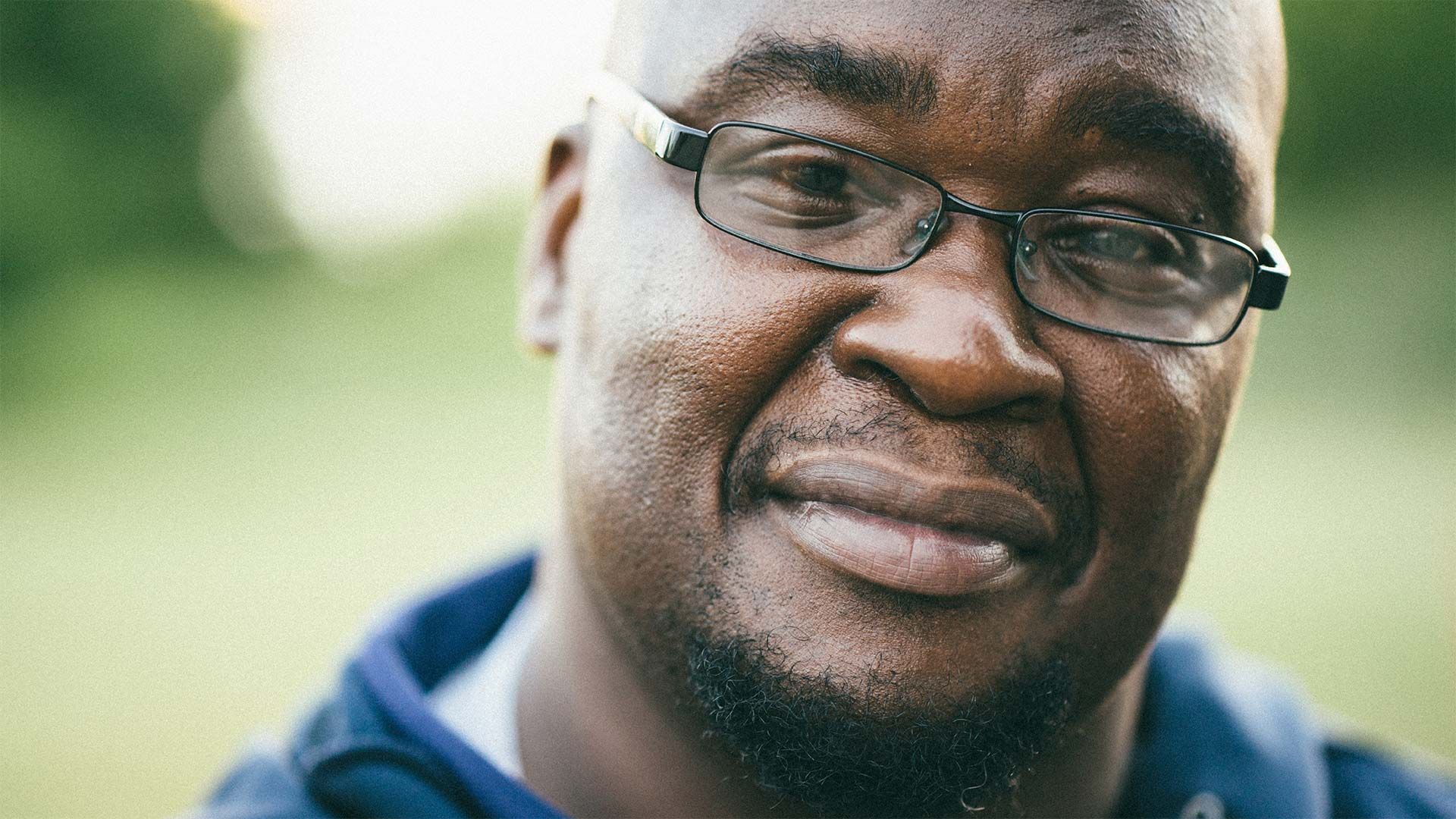

We're living in a time of amazing advancements in cancer prevention, diagnosis, and care.
But the reality is that who you are and where you live dictates the quality of care you receive – and that can mean the difference between life and death.
Income, education, geographical location, and discrimination based on your ethnicity, race, gender, sexual orientation, age, disability, and lifestyle are just a few of the factors that can negatively affect someone’s cancer care.
This is the equity gap. It isn’t fair and it costs lives.
" We want to see a future where fewer men die from prostate cancer and testicular cancer. "
We’re on a mission to change that. We want to see a future where fewer men die from prostate cancer and testicular cancer. And we want to see fewer men suffering life-changing side effects due to their treatment.
To mark World Cancer Day 2022 on February 4th, we’re highlighting some of the work we’re doing to improve outcomes for all men and help to close the equity gap – all thanks to you.
Social norms surrounding masculinity make some men less willing to talk about their health or see a doctor when the need to. But when it comes to cancer, early detection saves lives. We’re working to shift outdated attitudes and get more men to take charge of their own health. Tell me more.
Racism has a profound effect on someone’s ability to access cancer care. All over the world, indigenous people face worse health and poorer outcomes. In New Zealand, Māori men are twice as likely to die from prostate cancer as non-Māori men. Movember’s ground-breaking Oranga Tū project, was set up to investigate and address the problem. Find out more.
Black men are twice as likely as other men to be diagnosed with prostate cancer, yet they have been historically under-represented in scientific and clinical research.
Movember is working to increase diversity in research to better understand racial disparities in the disease and improve outcomes for Black men. Tell me more.
People living in rural areas frequently have their cancer diagnosed at a later stage and are less likely to receive appropriate treatment and follow-up care. Movember's True North program is helping to overcome some of those barriers by giving men the information they need to make informed decisions about their treatment and recovery regardless of where they live. Know someone impacted by prostate cancer? Let them know about truenorth.movember.com.
Testicular cancer is the most common cancer in young men. Survival rates are high - but many guys are left feeling isolated, anxious, and uneasy about what the future holds. Nuts & Bolts provides user-friendly information and support to handle their cancer journey from diagnosis to treatment, to life afterwards with confidence. Tell me more.
Research has shown that using treatments originally designed to treat advanced prostate cancer at a much earlier stage, could slow the progression of the disease. However, it is still not clear exactly how treatments should be selected and in what sequence they should be given. Movember and Prostate Cancer UK have launched a new program to establish the best ways to treat men with high risk, aggressive disease to extend their lives. Tell me more.